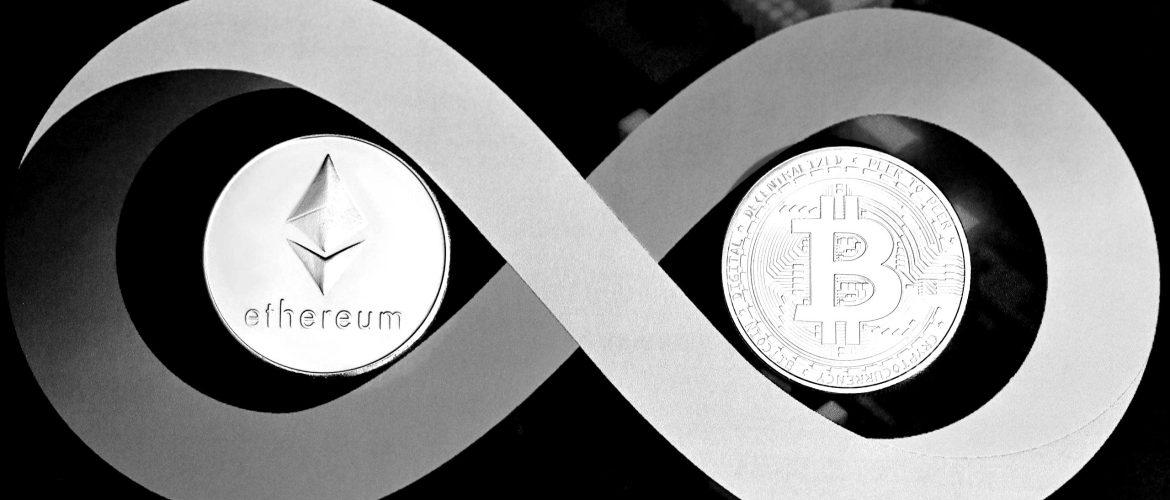What is blockchain? How is this technology developing in Africa? What are the advantages of blockchain? If you’d like to understand what this technology is, and potentially train to use it in your professional life, your answers in this article.
Here’s everything you need to know to fully understand blockchain and its practical and legal challenges in Africa.
What is blockchain?
Technical definition:
Technically speaking, a blockchain is a decentralized, distributed ledger where data is stored in the form of transactions within blocks. In other words, blockchain is a system that enables transactions to be recorded and stored on multiple computers linked in a peer-to-peer network.
Another unique feature of blockchain is that it operates without a trusted third party. In other words, blockchain has nocontrolling body, enabling users of this technology to share information without intermediaries.
Finally, blockchain guarantees the traceability of recorded data. As a result, each block in the chain contains a history of the transactions that have been carried out, so that the content of the transfers is certain and verifiable.
There are two main categories of blockchain:
- the public blockchain, which can be consulted by anyone who wishes to do so, and everyone can also participate;
- the private blockchain, which differs from the public blockchain in that its consultation is restricted.
Socio-legal definition of blockchain :
From a socio-legal point of view, blockchain is above all the mathematical representation of a social convention resulting from the habits and customs of the founders of blockchain (Satoshi Nakamoto). It’s also a technology based on a distributed trust agreement between several members of the company. This is what makes blockchain a decentralized trust technology.
How does blockchain work?
A transaction carried out on the blockchain is first combined with other related transactions. The transaction is then checked and approved by network members using cryptographic techniques, i.e. mechanisms for encrypting information to guarantee confidentiality. Once an operation has been validated, it can no longer be modified.
What are the practical illustrations of blockchain in Africa?
Blockchain is already being put to practical use on the African continent, particularly with regard to cryptocurrencies and the financial services that can be associated with them. Bitcoin has become a sensation on the continent, with Nigeria alone accounting for a significant proportion of global bitcoin transactions. Africa has also become home to several cryptocurrencies, such as AFRO, designed to facilitate financial exchanges across the continent.
What’s more, blockchain can be mobilized by African states to host their cadastral system, i.e. the public register on which the surface area and value of landholdings are recorded.
Another potential benefit of blockchain in Africa lies in the dematerialization of securities. In this context, the use of blockchain could involve several positive elements, such as securing securities, notably through the use of digital assets called tokens, or increasing the speed of transfers. Blockchain would also enable lower transaction costs, since the use of blockchain technology makes it possible to dispense with banks.


